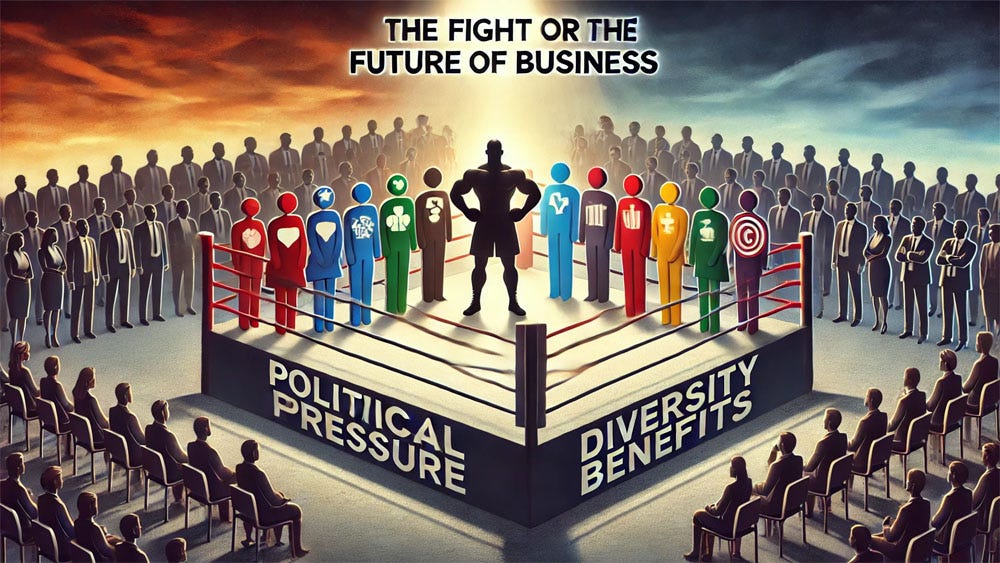The Business Roundtable’s Stakeholder Promise: A Commitment Undone?
Revisiting Corporate Responsibility Amid Political Shifts
The Purpose of Corporations: Serving Public Needs, Not Just Profit
The modern idea that businesses exist primarily to maximize profits for shareholders is a relatively new development. Historically, corporations weren’t just private entities focused on financial gain - they were created to serve public needs.
Early corporations were established to undertake high-risk ventures, expand state interests, and build essential infrastructure. Many of the first corporations, such as the British East India Company and the Dutch East India Company, were chartered by governments to facilitate trade, exploration, and colonization. Others were created to build railways, bridges, and public utilities, often under government oversight.
For much of history, corporations existed to balance private enterprise with public service. But over time, this changed.
By the mid-20th century, businesses had become primarily profit-driven, and by 1970, economist Milton Friedman cemented this shift with his now-famous doctrine:
“The social responsibility of business is to increase its profits.”
With this, Friedman ushered in the shareholder primacy era. The idea that businesses should maximise returns for shareholders - above all else - became the dominant corporate philosophy.
This doctrine shaped how businesses operated for decades. Executives were incentivised to drive short-term stock growth, sometimes at the expense of employees, customers, and the environment.
Yet, over time, cracks began to show in this system. Critics pointed out that an obsession with quarterly profits led to layoffs, wage stagnation, and environmental crises. There was growing recognition that businesses didn’t just impact shareholders - they shaped entire economies and societies.
Then, in 2019, came a pivotal moment.
A Bold New Commitment - Or Just Words?
Keep reading with a 7-day free trial
Subscribe to The Directors' Brief to keep reading this post and get 7 days of free access to the full post archives.





